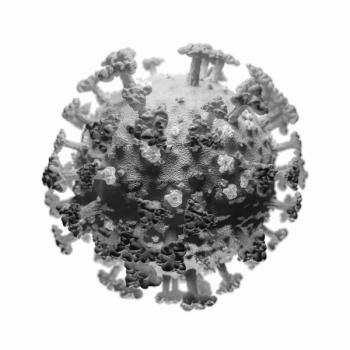
An antibody candidate from Sorrento has shown complete blockage of infection in early assessments. The company is now pursuing production and regulatory aid.
Kevin Kunzmann is the managing editor for Contagion, as well as its sister publication HCPLive. Prior to joining parent company MJH Life Sciences in 2017, he worked as a health care and government reporter for The Pocono Record, and as a freelance writer for NJ Advance Media, The Express-Times, The Daily Journal, and more. He graduated from Rowan University with a degree in journalism in 2015. In his spare time, he enjoys reading, cooking, running his dog, and complaining about the Mets. Follow him on Twitter @NotADoctorKevin or email him at kkunzmann@mjhlifesciences.com

An antibody candidate from Sorrento has shown complete blockage of infection in early assessments. The company is now pursuing production and regulatory aid.
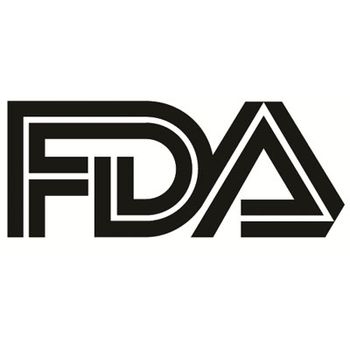
The first-of-its-kind, randomized, placebo-controlled, phase 1/2a trial will assess patients hospitalized at Florida and South Dakota institutions.

New findings comparing cases since February to the last half-decade show the rate and severity of the rare inflammatory disease recently spiked in children.

The agency provided 2 new recommendation guidelines for sponsors looking to assess potential preventive and therapeutic agents for the coronavirus.

What is the hopeful expectation of the new candidates, relative to previously developed vaccines?

The Rutgers laboratory is now authorized to receive and test collected, prescribed samples of either nasal or saliva samples for possible COVID-19.

Preventive medicine expert William Schaffner, MD, discusses what it will take for investigators to properly assess and manufacture a vaccine.

The opening of this new category of coronavirus testing makes antigen the third type authorized by the FDA, following polymerase chain reaction and serological tests.
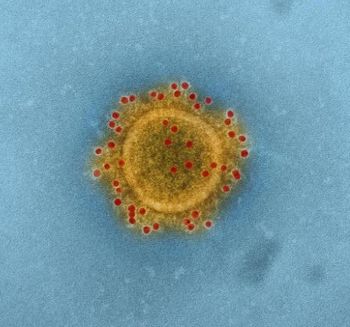
An assessment of 1300 hospitalized patients in New York shows the rheumatic drug is neither beneficial nor harmful to reducing mortality from coronavirus.

The device, which uses a sample collected from the patient’s nose with a nasal swab and saline, will allow patients to collect their own sample and return it to a Rutgers laboratory in a sealed package for testing.

The hourlong test programs a CRISPR molecule to detect specific signature for SARS-CoV-2 in a series of differing test samples.

The 15 diagnostic guidelines weigh the currently accepted definition of coronavirus, and consider the prevalence of regional cases in at-risk patients.

Managing editor Kevin Kunzmann provides a summary of our daily COVID-19 coverage.

An interview with the Rebiotix founder on the microbiota-based therapy and the newest preliminary pivotal phase 3 findings.
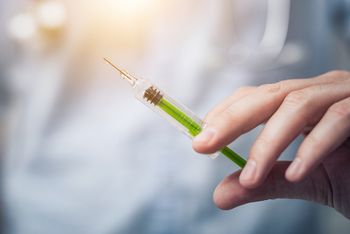
A quartet of candidates will be simultaneously assessed in younger and older healthy adult patient groups in the phase 1/2 trials.

The test reports ≥99.8% specificity and 100% sensitivity at 14 days post-PCR confirmation, and could potentially better inform patient immunity and disease pathology.

Contagion Editor in Chief Jason Gallagher, PharmD, discusses the new authorization for the controversial antiviral therapy.

The decision comes shortly after conflicting human trial results assessing the intravenous antiviral drug.

Investigators aim to assess a vaccine derived from weakened adenovirus in 1100 patients over 2-6 months.

A trio of clinicians pen perspective on the federal and state efforts being made to reduce rapid and severe virus spread in at-risk facilities.
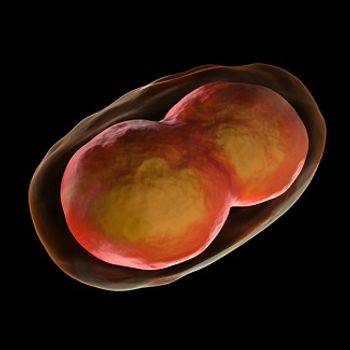
The approval marks the first FDA-approved, non-replicating smallpox vaccine, and the only FDA-approved vaccine for prevention of monkeypox.

Introducing the HCPLive Network, a collaborative system of specialty publications headlined by HCPLive®, Contagion®, NeurologyLive®, and Rare Disease Report®.
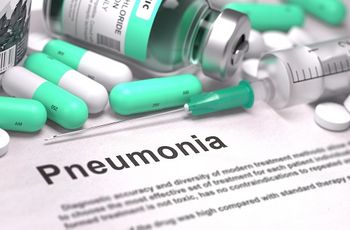
William Schaffner, MD, breaks down the new ACIP guideline recommendation, the pediatric benefit of PCV13 which drove the decision, and means by which it can improve clinical decisions surrounding vaccination.
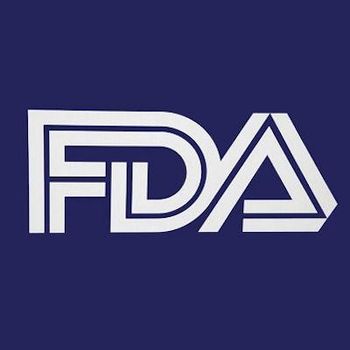
The FDA has permitted the marketing of a new test designed to aid in the diagnosis of Mycoplasma genitalium a sexually-transmitted infection.

The sNDAs will seek approval for the use of doravirine and doravirine/lamivudine/tenofovir disoproxil fumarate in individuals with HIV-1 whose virus is suppressed and are switching from a stable antiretroviral regimen.
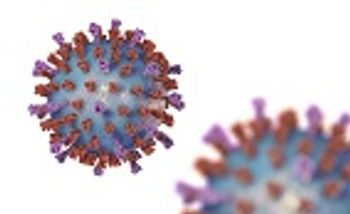
An investigative maternal vaccine for respiratory syncytial virus (RSV) could soon alter the scope of care for the condition, which is the most common cause of bronchiolitis and pneumonia in children younger than 1 year in the US.
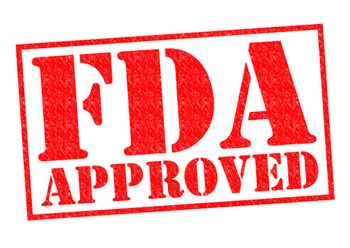
The US Food and Drug Administration has approved SIGA Technologies Inc's tecovirimat (TPOXX) for the treatment of smallpox.
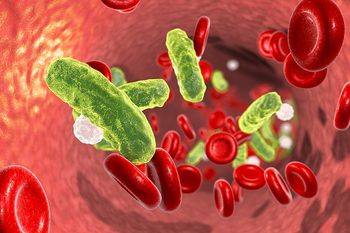
The FDA has provided marketing clearance for a device capable of detecting specific sepsis-causing bacterial pathogens directly from a whole blood specimen in about 5 hours.
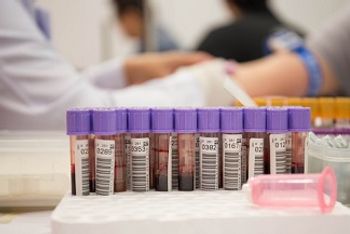
The FDA has approved an additional claim for Roche’s cobas Zika virus test, allowing for the screening of several individual blood or plasma donations that have been pooled together.

The nation’s largest hospital devoted to clinical research has named retired US Navy Captain Pius Aiyelawo as new chief operating officer.